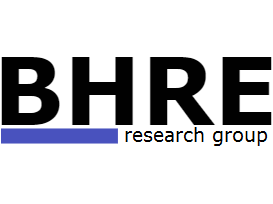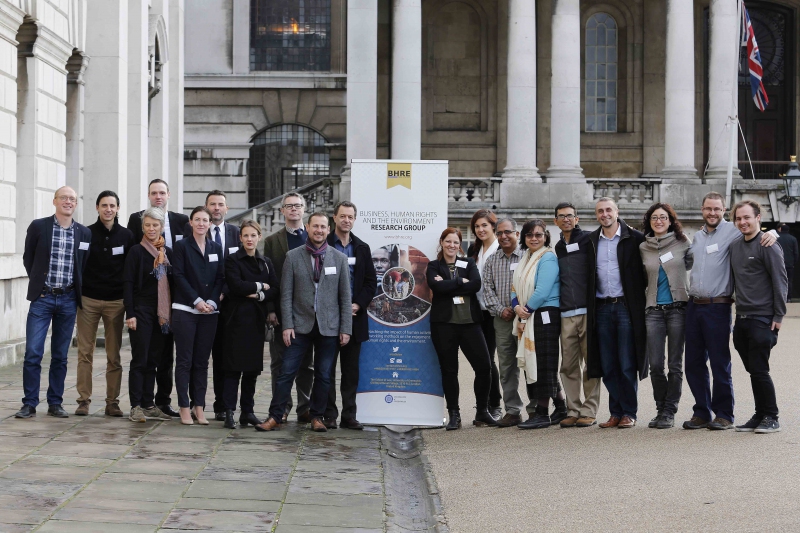Electronics Watch celebrates its 10 year anniversary!!
/Electronics Watch is 10 this year! Founded on 19 February 2015, Electronics Watch emerged from a three-year EU funded initiative, uniting seven NGOs with a shared vision: to harness the power of public procurement to protect workers' rights.
A decade on, that vision has grown into a global movement. From its beginnings with seven monitoring partners and 15 founding affiliates, it has flourished into a network that now stands stronger than ever:
1518 public sector affiliates in 13 countries plus one international organisation, using their leverage to promote and protect workers' rights.
18 monitoring partners in production and mining regions, working year-round within workers' communities, guided by their rights and priorities.
10 public sector participants from six countries in our Low Emission Vehicle Programme, expanding our impact into the automotive sector.
Six public authorities engaged in the Knowledge Building Series of our Innovation Pilot, learning how they can protect workers across all high-risk purchasing categories.
Regular dialogue with 25 trade unions in production regions, essential partners in the worker-driven remediation processes that we facilitate.
Thanks to all of you for your diligent, committed, and heartfelt work, often in challenging circumstances. This collaboration has allowed us to increase our impact for workers in global supply chains. Together, we are realising the potential of public procurement for workers' rights.
As its looks ahead the next 10 years, Electronics Watch remains committed to standing against global threats to human rights, climate, and democracy, and to seizing every opportunity to make a difference.
Check the celebration video here







